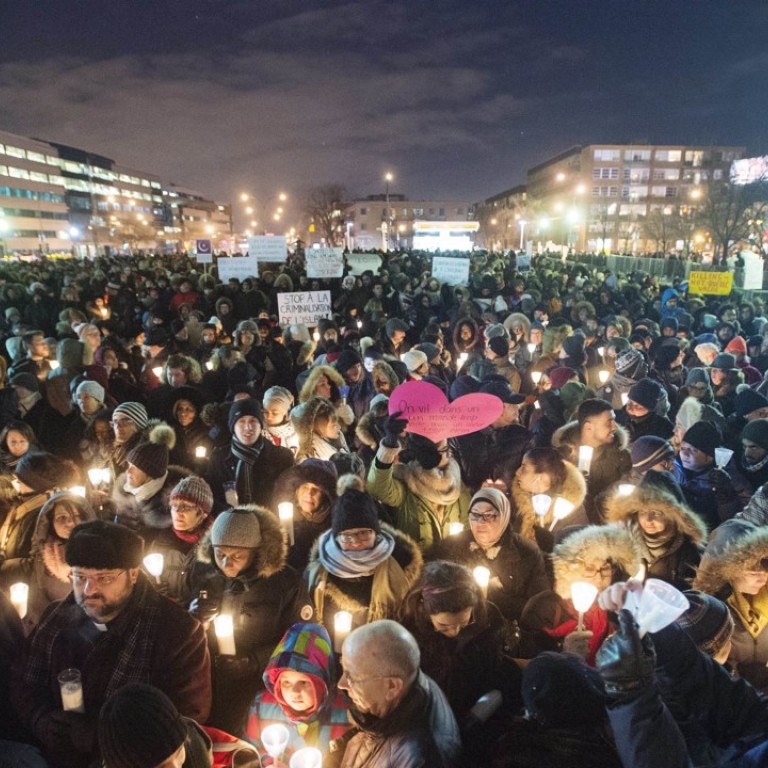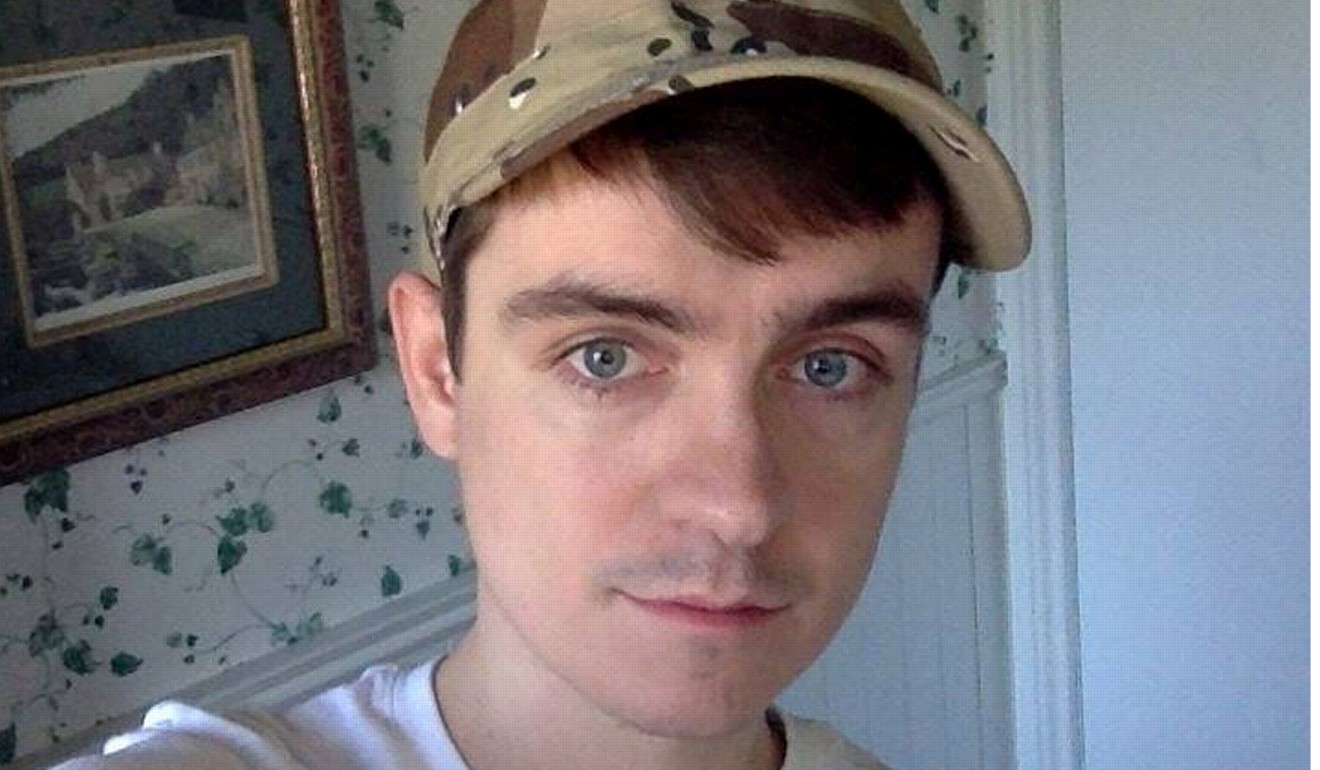
Quebec voters refuse to allow cemetery for Muslim community, reeling from mosque massacre
When a gunman killed six members of a Quebec City mosque in January, five of the victims, all of them immigrants to Canada, were sent to their countries of origin for burial. Only one was buried in Canada, at a Muslim-run cemetery near Montreal, three hours away.
That’s because Quebec City’s growing Muslim community doesn’t have its own cemetery despite years of trying. And after a divisive mini-referendum on Sunday, it still doesn’t.
Residents of St-Apollinaire, a town of 6,000 about 30km southwest of Quebec City, voted to turn down an application for a zoning change to allow the Islamic Cultural Centre, owner of the mosque where the deadly shooting occurred, to open a cemetery.

Despite the small numbers involved, however, the decision was front-page news in Canada – a sign that some say shows that xenophobia is alive and well in a country known as a welcoming place for immigrants and a haven for tolerance.
“Thousands of Muslims in Quebec City have been told we don’t want you,” said Mohamed Kesri, secretary of the Islamic Cultural Centre, adding that his community would consider its alternatives, including a complaint to the provincial human rights commission. “Ignorance and misunderstanding have won the day,” added Mohamed Labidi, president of the centre.
Bernard Ouellet, mayor of St-Apollinaire, backed the cemetery proposal. He blamed its rejection on fear and misinformation. Also speaking in favour of the project was Cardinal Gérald Cyprien Lacroix, Quebec City’s archbishop, who pleaded with voters to allow the cemetery to proceed as “a mark of respect for another religion.”
Like much of rural Quebec, St-Apollinaire is overwhelmingly white, French-speaking and Catholic (nominally). Statistics show not a single Muslim, Jew, Sikh or Hindu in the community.
Alexandre Bissonnette, 27, a Quebec City man with far-right political views, has been charged with six counts of first-degree murder in the January mosque attack and is awaiting trial. In the outpouring of public emotion that followed the massacre, politicians promised to resolve the years-long cemetery issue.
An undertaker in St-Apollinaire offered to sell a 65,000-square-foot piece of land near his funeral parlour to the Islamic centre, enough for 1,000 plots, but when local residents found out about the plan, they took advantage of Quebec laws that allow residents directly affected by zoning changes to force a referendum.
At a public meeting in March, opponents of the project voiced concerns that once there was a cemetery for Muslims, a mosque and a school could soon follow. “We’re already feeling invaded,” one opponent of the project later told the Globe and Mail newspaper.
Although Canadians generally hold positive views of immigrants and opened their arms to the 40,000 Syrian refugees welcomed by Prime Minister Justin Trudeau, intolerance of Muslims makes its presence known, particularly in Quebec.
According to a poll carried out in March by CROP, a research firm, for the French network of the Canadian Broadcasting Corporation, 23 per cent of respondents across Canada favoured a ban on Muslim immigration like the kind pushed by US President Donald Trump across the border. In Quebec, the figure was 32 per cent.
The debate over veiled women has been particularly strident in Quebec, reflecting in part the influence of the political debate over Islam in France. The same CROP survey showed that 67 per cent of Quebec residents wanted to ban public servants from wearing religious garb at work, compared with 34 per cent in the rest of Canada.

